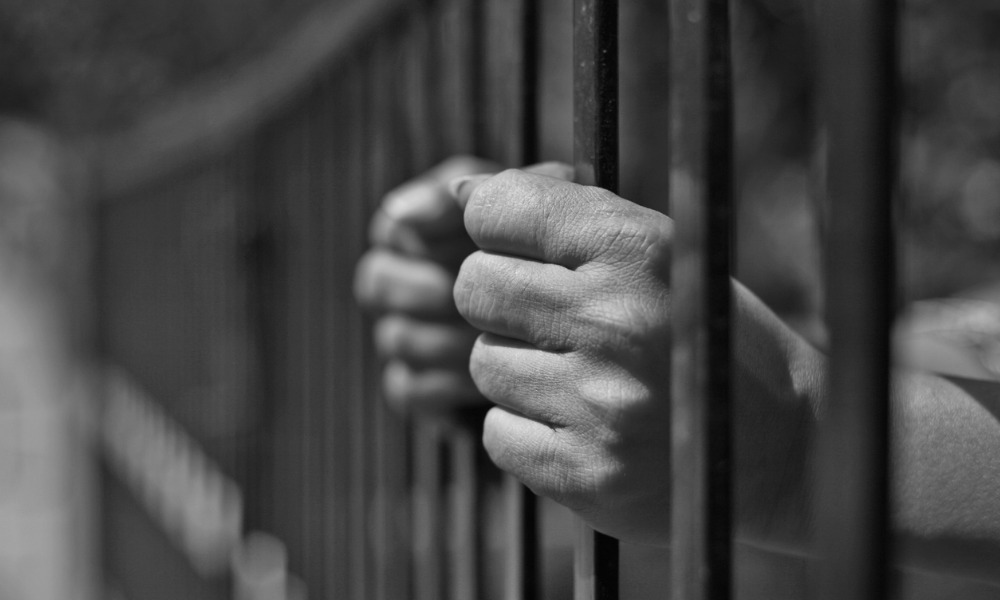
Māori are grossly over-represented in NZ prisons, a new Human Rights Commission report reveals

Te Hunga Rōia Māori o Aotearoa, the Māori Law Society, has voiced support for the Human Rights Commission’s call for the New Zealand government to prioritise work aimed at changing seclusion and restraint practices in places of detention.
This comes on the heels of a new report by the department highlighting the gross over-representation of Māori in prisons, children and young people’s residences, and health and disability units.
According to the research, Māori account for 62% of secure care admissions in care and protection residences, 56% of segregation units in prisons, and 51% of seclusions in health and disability facilities.
“The report makes for disturbing reading especially when it comes to our whanau, who are currently in the harshest detention conditions,” said Jamie-Lee Tuuta, tumuaki wahine (co-president) of the Māori Law Society.
Tumuaki tane (co-president) Carwyn Jones said seclusion is not the place to be for tangata whenua under any circumstances.
“Māori society is fundamentally based on inter-connectedness,” he said. “Prison and other detention settings are already difficult environments for our people to survive. Couple this with days, weeks and sometimes months with extremely limited contact with whanau on the outside and little of no meaningful activity, it must become unbearable.”
Sharon Shalev, author of the study, has called the overall picture “disappointing” and revealed that “many of the issues highlighted in my 2017 report have not been addressed.”
The report’s analysis on the use of restraints showed significant gaps, including a lack of detailed recording on what forms of restraints were used and to whom the restraints were being used on.
The study also found that the Department of Corrections was the only detention agency that was able to provide detailed information to the follow-up review. However, the department’s records showed a “substantial increase” in the use of restraints, including pepper spray and mechanical restraints.
“The report highlights further missed opportunities by government agencies to deliver better outcomes for tangata whenua. In 2020, this is unacceptable. Our whānau and communities deserve better,” Tuuta said.
“We support the calls by the author and the Human Rights Commission to eliminate the use of seclusion and focus instead on de-escalation and trauma informed practices,” Jones said. “Any change must be led with Māori.”